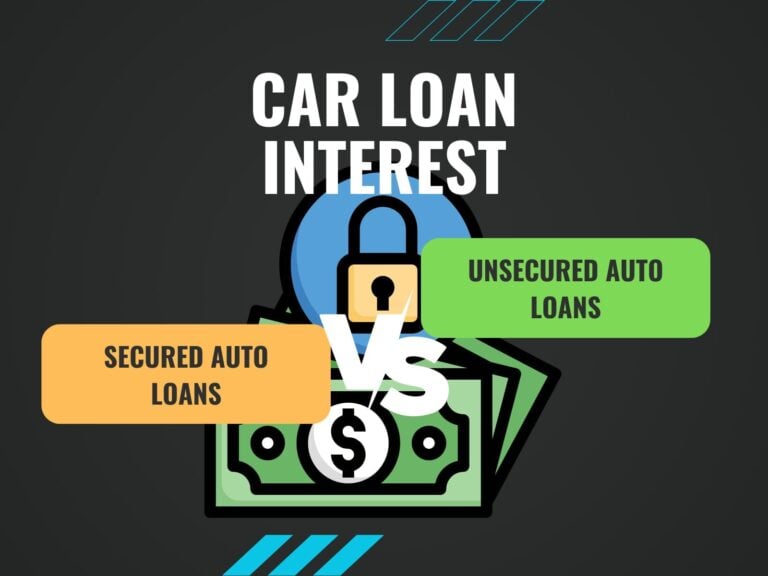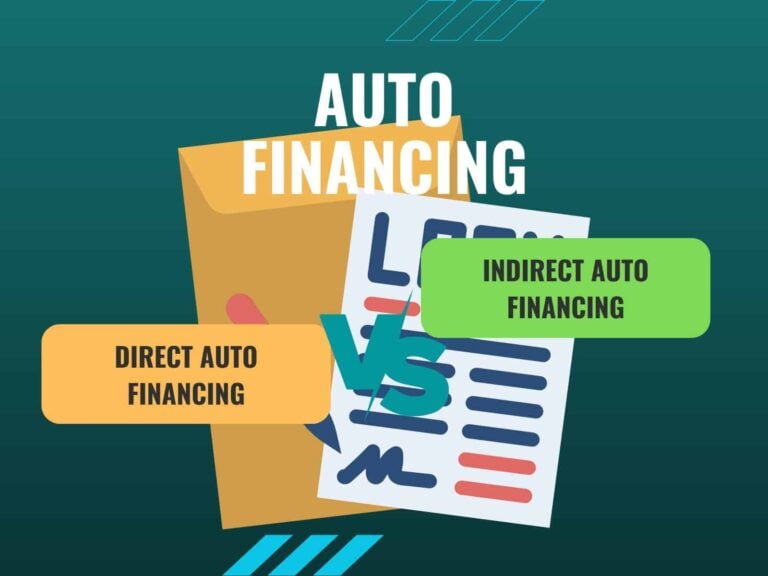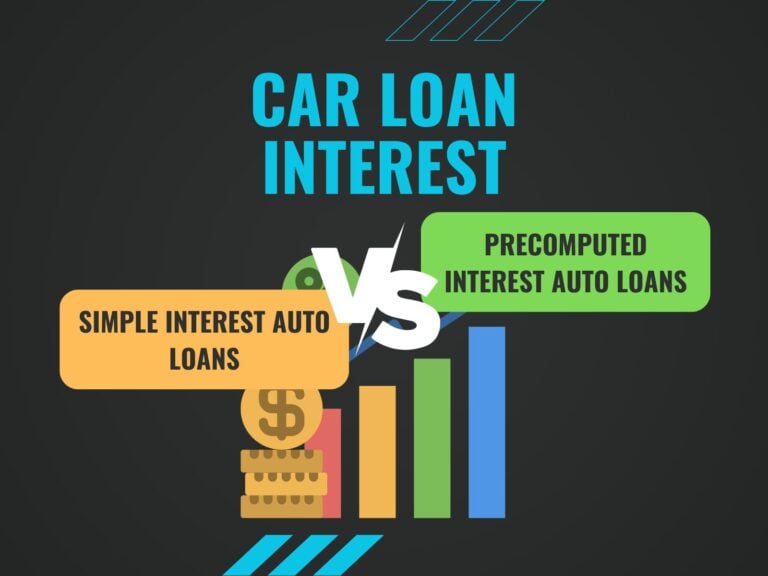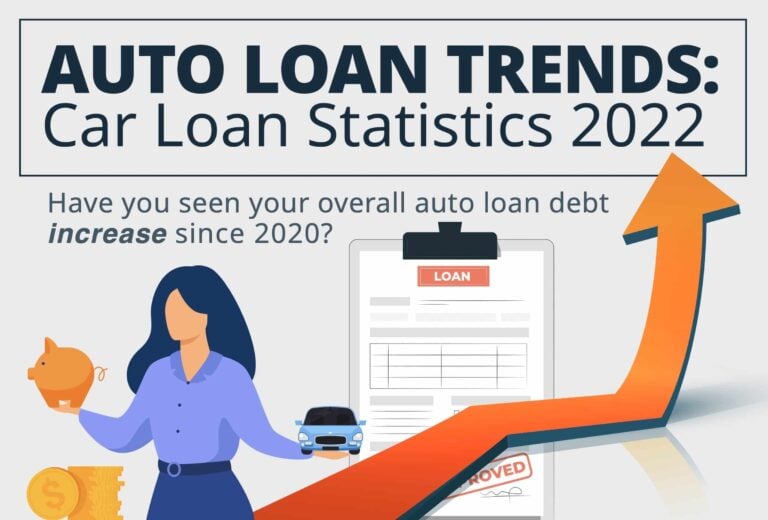Rhode Island Debt Settlement
Rhode Island is the smallest U.S. state by area, covering only 1,214 square miles that are home to slightly more than one million residents, ranking it 44th in population within the United States.
However, given its very small geographic size, Rhode Island actually ranks number two nationally in population density, with 1,006 residents per square mile.
The state played a prominent role in early U.S. history, as on May 4, 1776, Rhode Island became the first of the original founding thirteen colonies to renounce its allegiance to the British Crown, but wound up being the last of the original thirteen states to ratify the U.S. Constitution, doing so on May 29, 1790.

Today, Rhode Island is nicknamed the “Ocean State,” owing to its many large bays and inlets that comprise almost 14 percent of its total area. The Rhode Island economy generated a gross state product of $61.3 billion in 2018, ranking it 45th in the nation.
Healthcare services is the largest industry in the state, followed by tourism and manufacturing – including submarine construction, shipbuilding, electrical equipment, machinery and boat building.
The state is home to the Fortune 500 companies CVS Caremark and Textron, as well as several Fortune 1000 companies that include Hasbro and American Power Conversion.
As of October 2019, Rhode Island’s unemployment rate was right in line with the national average of 3.6%, while its 2018 median household income level of $63,870 ranked it 16th in the nation and placed it at a level somewhat higher than the national median household income of $61,937.
Rhode Island Economic and Debt Statistics
According to the Bureau of Labor Statistics, Rhode Island’s unemployment rate stood at 3.6% as of October 2019, exactly in line with the national unemployment rate of 3.6%.
However, Rhode Island residents carry among the lowest average amount of credit card debt in the country, registering in at an average of $6,104, ranking 46th in the nation and almost 35% less than the national average of indebted households of $9,333.
Rhode Island Economic and Debt Statistics
Meantime, compared with the 2019 nationwide average FICO score of 703, the typical Rhode Island resident’s 2019 FICO score checks in a bit higher at 713, tied with Pennsylvania for nineteenth highest in the nation.
According to the St. Louis Fed, as of Q4 2018, the Rhode Island home ownership rate checked in at 60.7%, considerably lower than the national average of 64.8%, while a recent Experian report shows average mortgage debt level for Rhode Island residents of $185,646, representing an increase of 2.6% compared to 2018, and ranking 17th in the nation.
The median sales price of a home in Rhode Island during 2018 was $268,000. Regarding student loans, data compiled in 2019 by Experian indicates that average student loan debt for Rhode Island borrowers is $33,373, somewhat lower than the national average of $35,359, but 5.1% higher than the level in 2018 and 24.9% higher than it was in 2014.
Rhode Island Residents and Debt Settlement
If you are a resident of Rhode Island and are currently burdened by high levels of unsecured debt – including credit card accounts, private student loans, unpaid medical bills and personal loans – the process of pursuing debt settlement may make sense for you.
Debt settlement occurs when a debtor successfully negotiates a payoff amount for less than the total balance owed on a debt. This lower amount is agreed to by the creditor or collection agency and is fully documented in writing. Ideally, this lower negotiated amount is paid off in one lump sum, but it can be paid off over time.
Though creditors are under no legal obligation to accept debt settlement offers, negotiating and paying lower amounts to settle debts is far more common than many people realize.
Rhode Island Consumer Debt Laws
Credit Card companies and other creditors are permitted to contact Rhode Island residents directly regarding debts, particularly in a situation involving delinquent payments.
However, debt collection agencies are required to comply with the the Federal Fair Debt Collection Practices Act (FDCPA), and are therefore prohibited from taking certain actions.
Under the FDCPA, collection agencies are prohibited from informing employers about a debt or attempting to collect a fee in excess of any debt owed. Debt collection agencies are also prohibited from communicating in a manner that simulates a judicial process or gives the appearance of a governmental action.
Additionally, debt collection agencies are prohibited from contacting debtors or debtor family members at unusual hours or with a frequency that may be reasonably construed under the law as harassment or abuse.
Unfortunately, unlike many other states, Rhode Island does not supplement the FDCPA with its own state-mandated fair debt collection practice act, and therefore leaves its residents somewhat vulnerable to predatory collections practices by original creditors.


Rhode Island Statute of Limitations on Debt Collection
When sufficient time passes in a situation in which consumer debts have gone unpaid, a debt collector can lose the legal right to sue for non-payment. In Rhode Island, the statute of limitations on debt collection ranges from between three and ten years, depending upon the type of debt involved.
A state tax debt has a statute of limitations of only three years, while an auto loan debt stretches to four years. Property liens have a statute of limitations of six years, while credit cards and medical debt have statutes of limitations of ten years.
The statute of limitations clock begins ticking from the “date of default,” which is typically thirty days after the last payment was actually made. When debts remain unpaid prior to the statute time period elapsing in full, creditors maintain the legal right to sue for non-payment and are permitted to engage debt collection agencies who can make persistent attempts at collection – provided they remain within the bounds of the FDCPA.
Debt Settlement - Do It Yourself?
Getting out of debt is never an easy process. If debt settlement is the right avenue for you to pursue, be honest with yourself. Decide whether you possess the background, strength and fortitude to negotiate directly with creditors yourself – or whether engaging the services of an experienced and reputable debt settlement company will serve your needs best.
Remember, the goal is to save the greatest amount of money and time while minimizing any ensuing damage to your credit score and profile. A reputable debt settlement company will provide a realistic estimate and time frame for making offers to your creditors that can ultimately result in settlements that save you significant amounts of money, time, and aggravation.
Contact us here at United Settlement, where our experienced credit counselors possess relationships with the major credit card lenders and a broad understanding of the debt marketplace. We can help you navigate these waters successfully.
Debt Resources & Additional Reading
Additional Related Insights & Articles







Debt Relief Reviews

Ready To Get Started?
See if you qualify for debt relief. Get a Free savings estimate to see how quickly you can be debt free.
Embrace financial freedom with our tailored solutions, expert guidance, and unwavering commitment to your success.
Experienced Professionals
Our experienced team has helped thousands of clients successfully eliminate debt and regain financial freedom.
Customized Solutions
We know every financial situation is different, so we design personalized debt relief plans to fit your specific needs and goals.
High Success Rate
Our proven debt relief strategies deliver real results. With a strong track record of success, we help clients achieve lasting financial stability.
Confidential Consultation
Your privacy is our priority. All debt relief consultations are 100% confidential and handled with the highest level of discretion.



